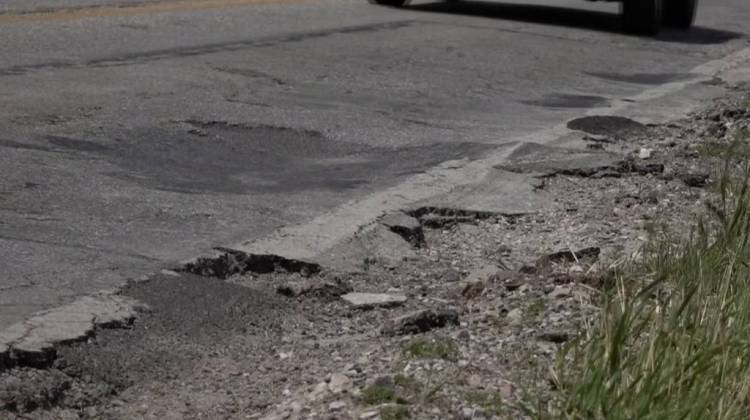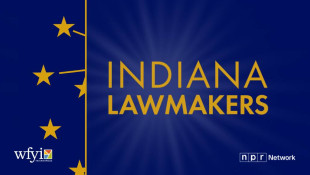Several major pieces of legislation are already on the move as the General Assembly got the 2020 session underway. Here’s what you might have missed this week at the Statehouse.
Hold Harmless Legislation
Lawmakers wasted no time as the short session began – both House and Senate education committees almost immediately approved legislation to shield teachers and schools from penalties after a sharp drop in student test scores.
Students in third through eighth grades took the new ILEARN test last spring, and a significant drop in achievement compared to the state’s old ISTEP test prompted calls from leaders across the state for lawmakers to avoid penalizing schools through state accountability measures.
“Hold harmless” legislation is supported by both parties and the governor.
State Surplus Spending
Also on the move is a measure that spends nearly $300 million in extra budget surplus dollars. Republicans plan to use it to pay cash for higher education building projects that were approved in the 2019 state budget. The House GOP rejected efforts by Democrats to spend those dollars on expanded pre-K, a boost in teacher pay, and programs to lower prescription drug costs and provide for school safety.
Tobacco 21
And a House committee overwhelmingly approved a bill to raise the legal age to smoke and vape from 18 to 21. After federal law recently made that change nationwide, the Indiana measure is focused on harsher penalties for retailers who sell to those under 21.
Democrats Teacher Pay Proposal
Indiana Senate Democrats offered their plans Thursday to boost teacher pay – in both the short term and the long term.
The proposals wouldn’t reduce money from the state’s existing budget.
Republicans have said steps to increase teacher pay must wait until the 2021 session, in a new budget.
Renewable Energy Day
Indiana environmentalists held a rally and met with lawmakers on Tuesday to demand better renewable energy policies in the state.
Environmental groups in the state also showed support for a bill authored by Sen. Linda Rogers (R-Granger) that would allow homeowners to petition their homeowners associations for the right to put solar panels on their houses.
Last Shot At Redistricting Reform
Lawmakers and activists gathered at the Indiana Statehouse to support redistricting reform ahead of the new maps drawn in 2021. The bipartisan group promoted two bills for greater transparency in redistricting.
Next year, Indiana’s Constitution requires legislators to redraw maps for state and federal voting districts based on population data from the U.S. Census.
Sen. John Ruckelshaus (R-Indianapolis) authored legislation to promote greater transparency in that process. One bill, which he’s offered for the last three years, would create a redistricting commission. The second bill would create an educational tool to teach citizens about the process and allow them to draw their own maps.
Career Pathways For Utilities
Lawmakers have proposed a measure to create a curriculum for high schoolers to explore careers in energy and utilities. The Senate Committee on Education and Career Development discussed the bill Wednesday.
At the hearing, Sen. Eric Koch (R-Bedford) said the bill would create a talent pipeline for unfilled jobs in electricity, natural gas, water, communications and wastewater.
Marijuana Legalization Unlikely
Marijuana advocates gathered outside the Statehouse Monday in support of several bills. Lawmakers who spoke at the rally say they don’t expect legalization this year, but they’re making steps forward.
Outside the Statehouse, advocates asked lawmakers – specifically Gov. Eric Holcomb – to reconsider their position on medical or recreational marijuana.
Demonstrators handed out free joints and other marijuana products at the rally. At one point, they thanked Marion County Prosecutor Ryan Mears, who last fall, made it policy to dismiss simple marijuana possession cases.
Electric, Hybrid Motorcycles Exemption
A state Senate committee is considering a bill that would exempt hybrid and electric motorcycles from paying an annual fee. The fee collects money for roads from hybrid and electric vehicle owners who don’t pay as much in gas taxes as other drivers.
 DONATE
DONATE






 View More Programs
View More Programs



 Support WFYI. We can't do it without you.
Support WFYI. We can't do it without you.